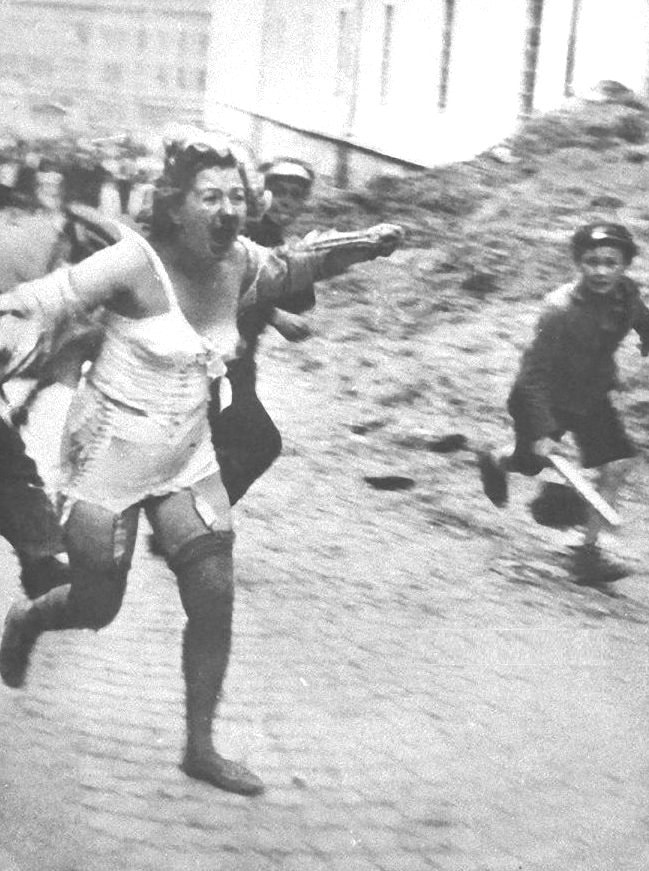Gallery with alias: PUBLIC_HISTORY_BLOG_POSTS not found

For many years it’s been my stock explanation that we oral historians “capture, preserve, and share” the stories and voices of our time. We do this, of course, across a broad spectrum of methods, techniques, and creative approaches, such as the most basic handwritten interview notes to books, video interviews, live storytelling programs, tv documentaries, and Hollywood feature films.
The take away, as I’ve recently written about using a quote from the late Anthony Bourdain, is that in the end we oral historians are very much responsible for telling these stories—these incredible lived experiences that might otherwise remain locked up in people’s private memories, too fragile, dark, unready, or self-determined as too insignificant to be shared with the world.
We deep dive into these worlds of experiences, and bring them to the surface.
Of course, a significant (and primary) challenge for oral historians is simply getting to these stories in the first place to capture and preserve them. However, what comes next—the sharing of these stories with the world—is no less important. In fact, bringing these stories to light might be, in the end, the most important thing we do. As I often say, a story not heard is a story not told.
Think about that for a moment . . . and remember, if you can, the stories we allowed our grandparents to take to their graves. (Dare I say: That, unfortunately, is our fault.)
With this in mind, I contend that we oral historians must assume more active roles and responsibilities as public historians. We must use oral history to engage and interact with the public through community-based history activities and events, speaking engagements, teaching, the writing of articles, creating videos, producing history podcasts—whatever it takes to tell these stories using the actual words and voices of our time.
Again, a story not told is a story not heard.
As such, let’s not be indifferent or careless about the power in our hands to shape and give life to these stories though our articles, books, museum exhibits, public forums, camera lenses, audio recordings, and video screens.
Let’s not forget that what we capture, preserve, and share with the public today will certainly be what future generations know, understand, and care about history.
Show your appreciation for living history by supporting the great work of your local historical society or heritage museum. Encourage them to capture, preserve, and share the stories and voices of our time by creating more community-based oral history programs.
~Kevin Farkas, TSVP executive producer

You must be logged in to post a comment.